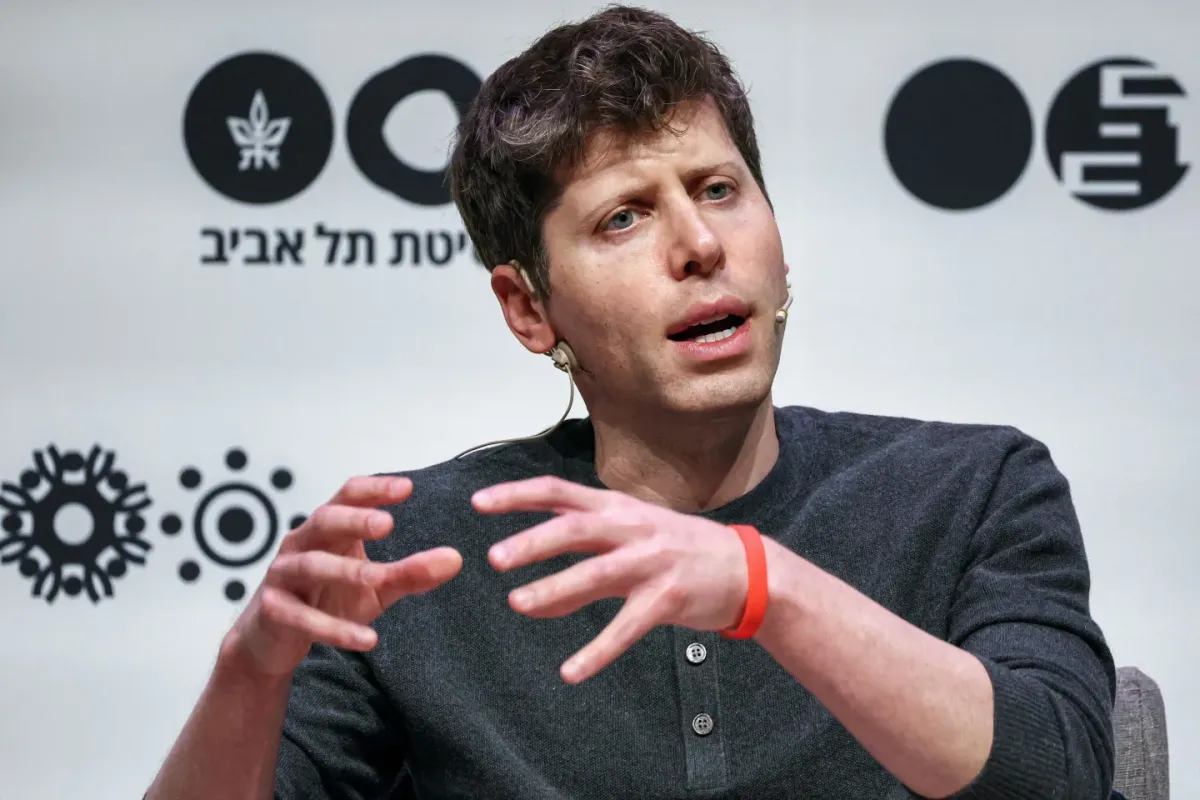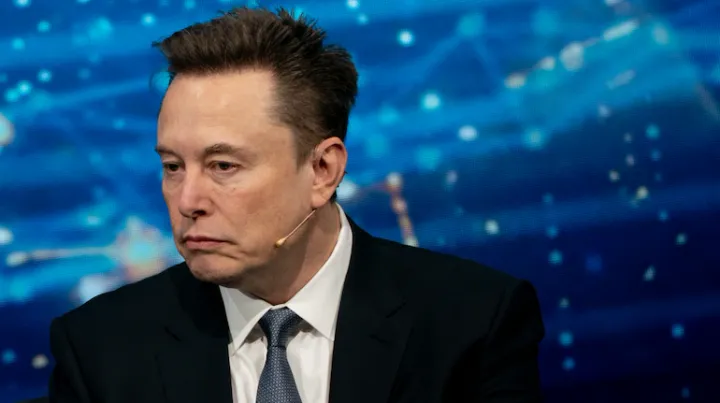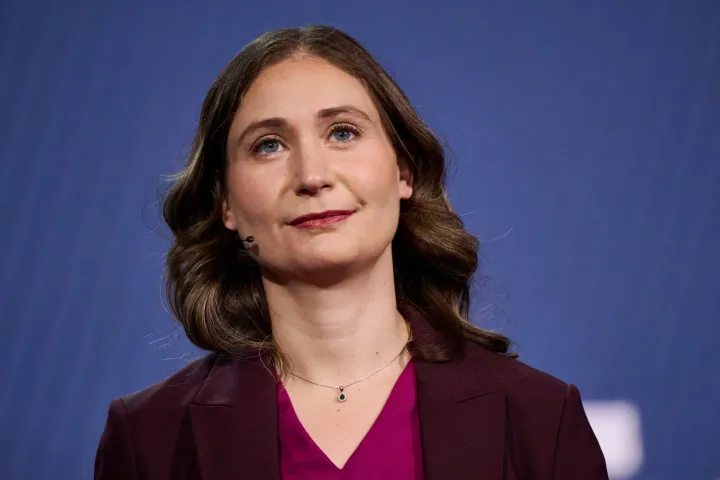Sam Altman Warns AI 'Superintelligence' Will Be More Disruptive Than People Expect
OpenAI CEO Sam Altman discusses the future of AI, superintelligence, and economic models for creators.

Sam Altman Predicts AI 'Superintelligence' Will Be More Disruptive Than Expected
Sam Altman, the CEO of OpenAI, is known for his bold predictions about the future of artificial intelligence (AI). During a recent appearance at the New York Times' DealBook Summit, Altman shared his thoughts on AI’s rapidly approaching future, warning that the advent of artificial general intelligence (AGI) and "superintelligence" will be more disruptive than most people expect.
With the AI industry progressing faster than anticipated, Altman’s predictions have garnered attention. He suggests that by 2025, we could see AI systems that can perform complex tasks using multiple tools, similar to the way humans approach problem-solving.
What is Artificial General Intelligence (AGI) and Superintelligence?
AGI represents a leap forward from today's AI capabilities. While current AI can excel at specific tasks—like language processing in ChatGPT—AGI would be able to handle more generalized, complex tasks with the ability to adapt and learn dynamically.
Altman anticipates that the first examples of AGI will begin to emerge around 2025. While the immediate impact of AGI will seem relatively mild, he warns that as the technology advances, the effects will be far more profound and disruptive than many expect. Altman compared this evolution of AI to the invention of the transistor, which revolutionized the tech world.
Job Displacement and New Economic Models
As with any major technological shift, job displacement will be a central concern. Altman noted that major technological breakthroughs, such as the industrial revolution and the rise of the internet, have historically led to significant changes in the workforce. With the arrival of AGI, millions of jobs may be automated, sparking debates on how society will adapt.
Altman emphasized the need for new economic models to address this challenge. Specifically, creators—such as writers, artists, and developers—who contribute to the development of AI systems must be compensated fairly. As AI becomes more integrated into industries, there will be a growing need for a new framework to support those who power its progress.
Safety Concerns and OpenAI's Track Record
Critics of AI have raised concerns about safety, and during the summit, Altman was asked about OpenAI's commitment to addressing these issues. In response, he pointed to the company’s track record, asserting that ChatGPT—OpenAI’s popular language model—is now considered by most of society to be “acceptably safe and robust.”
Altman explained that OpenAI has adopted an iterative approach to deploying AI technologies, emphasizing that starting with lower-risk deployments is important. This approach allows for continued monitoring and improvement as new challenges arise.
The Growing Role of OpenAI and the Microsoft Partnership
Since its inception in 2015, OpenAI has experienced significant evolution. Originally founded as a nonprofit research lab, the company’s mission has shifted toward creating commercial products, including ChatGPT and DALL-E. In 2023, OpenAI raised $6.6 billion in funding from partners such as Microsoft and Nvidia, giving the company a valuation of $157 billion.
Altman acknowledged that the company’s partnership with Microsoft hasn’t been without its challenges. However, he emphasized that despite occasional tensions, the partnership has largely been beneficial for both companies, aligning their goals for the future of AI.
OpenAI's Legal and Ethical Challenges
OpenAI has faced its share of legal and ethical challenges. Recently, the company was hit with a lawsuit by the New York Times over allegations of copyright infringement related to the training of its AI systems. The lawsuit underscores the ongoing debate about fair use in the context of AI development.
At the summit, Altman addressed these concerns, stating that discussions about fair use need to go beyond the current levels and focus on new economic models. He expressed his belief that creators should be compensated for their work, but emphasized that the AI industry needs to find ways to balance innovation with legal protections.
The Impact of AI on the Future Internet
Another major point of discussion during Altman’s appearance was OpenAI’s recent launch of its internet search tool, which he described as his favorite product to date. Altman explained that the search tool had revolutionized his own internet usage, offering users a more efficient and personalized experience.
The widespread availability of AI tools, according to Altman, will lead to a future where AI is embedded into virtually every industry. This transformation will affect everything from how businesses operate to how we interact with technology on a daily basis.
Elon Musk’s Legal Challenge and Future Competition
OpenAI’s relationship with its co-founder Elon Musk has become more strained over the years. Musk, who has since launched his own AI company, xAI, is involved in a lawsuit against OpenAI and Altman, alleging that the company has deviated from its original nonprofit mission. Musk claims that he was “betrayed” by Altman and others within the company.
Altman shared his disappointment over Musk’s legal action, stating that he once considered Musk a "mega-hero." He also expressed that Musk’s AI startup, xAI, will be a serious competitor in the AI race. However, Altman rejected the idea that Musk would use his political influence to harm OpenAI’s progress, calling such behavior “profoundly un-American.”
Conclusion: A Disruptive Future for AI
Looking ahead, Sam Altman believes the world is entering a new era where AI technology will have a massive impact on industries and economies. With AGI and superintelligence on the horizon, the coming years will likely witness profound changes in how we live and work. OpenAI is at the forefront of this shift, though not without facing challenges—both legal and ethical—along the way.
Altman’s message is clear: the future of AI will be both transformative and disruptive. As these technologies continue to evolve, the industry must adapt and create new systems to ensure that the benefits of AI are shared fairly and equitably across society.



